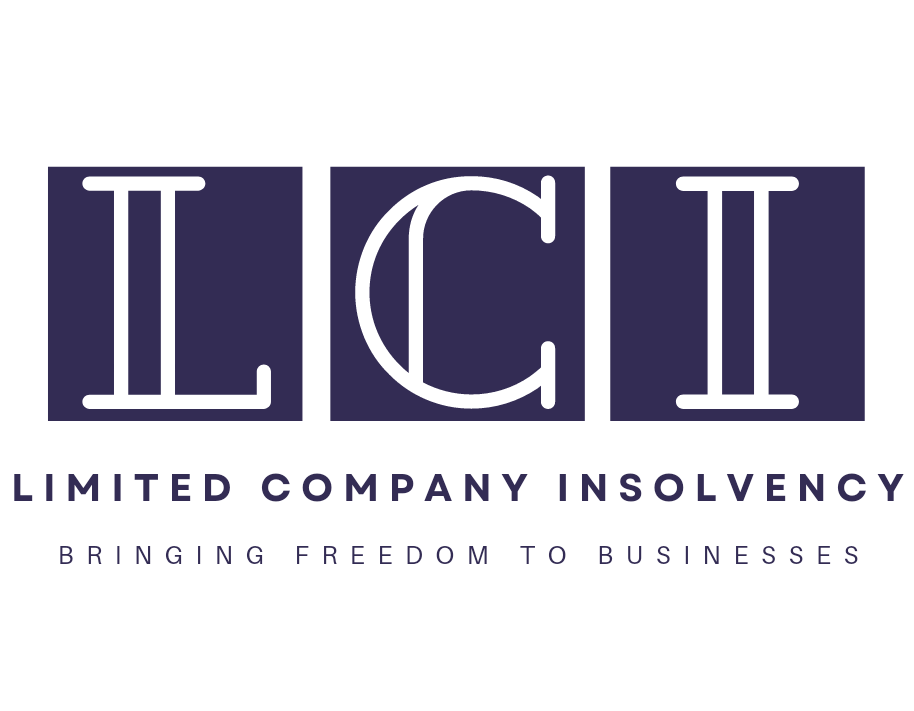Could your bounce back loan or SEISS grant cost you a mortgage?
Star Harford • 16 February 2022
Self-employed people are being penalised over Covid money they thought wouldn't blemish their record.

Self employed people are starting to face new issues when they are applying for mortgages, despite government assurances that grants and bounce back loans would negatively affect their credit scores.
Millions of self-employed people needed to take advantage of offered government support throughout the Covid-19 pandemic. This support included SEISS grants and bounce back loans which helped the self-employed to keep their businesses running when facing financial issues due to the Covid-19 pandemic. They were necessary for a lot of people to keep trading due to lack of income during lockdowns and uncertain times. The self-employed were under the impression from the government and local councils that their credit scores would not be affected when taking out bounce back loans and making use of support grants. However, even though these loans and grants have not directly affected peoples credit scores, they are starting to cause issues when self employed people make new mortgage applications.
When Covid first started, some high street mortgage lenders decided to start rejecting all self-employed applicants because of the risks associated with the pandemic. Because so many self employed people were losing income and ceasing to trade, they became more of a risk for mortgage providers. Now there is evidence that those who took advantage of government support schemes, grants and loans are still being penalised when applying for mortgages. This is because mortgage lenders have started asking self-employed people if they took advantage of bounce back loans and support grants and if so how much they borrowed, believing without grants their income would be lower and that the money owed in bounce back loans makes them more risky to lend to.
Some mortgage providers are taking SEISS grant amounts off of borrowers incomes for the last tax year before calculating out how much mortgage they are entitled to. Often this means mortgage applications are being rejected because incomes are lower, despite self employed people's incomes including these grants.
Some high-street lenders are refusing mortgages for self-employed people with bounce back loans and are saying the loans need to be paid off before the mortgage will be considered. In other circumstances the mortgage amounts are being lowered because of existing bounce back loans.
Most mortgage lenders are now putting in place extra affordability checks for self employed people who took government support throughout the pandemic, making it harder to be accepted for a mortgage. Higher deposits are also being required to safeguard the mortgage companies meaning many people are now unable to get a mortgage that they would have been entitled to before.
Moving forward, this is bad news for many self-employed people and it means on the whole, they will probably need to save higher deposit amounts before applying for mortgages. They will more than likely face higher mortgage rates than normal. They may also need to find more specialist mortgage providers if high street providers refuse to lend to them. A lot of self employed people will find themselves needing to consider how to pay back bounce back loans before they consider buying property.


